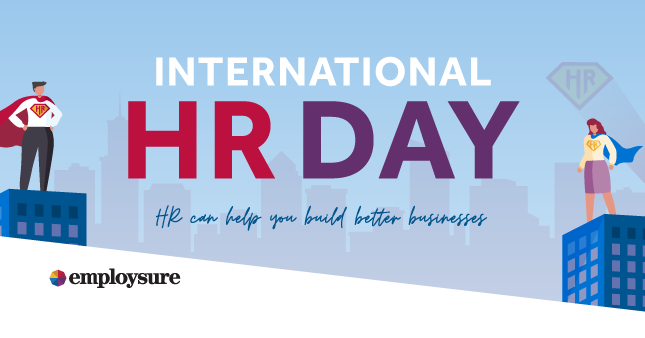
[1]The New Zealand parliament recently passed on the third reading of the Fair Pay Agreements bill last week and employers will receive detailed guidance on 1 December.
Laurence McLean, Operations Manager from Employsure, an Employment relations firm, representing over 31,000 clients across Australia and New Zealand has released a statement further to this:
“There is no immediate impact for small business owners although they should be aware of the legislation and the potential effects it could have on them. The purpose of the Fair Pay Agreements (FPA) is to impose industry wide ‘floors’ on pay and conditions so even if a small business owner is not involved in negotiating an FPA, they may have to comply with it. This may lead to significant consequences for the business. It could mean small business owners need to pay their employees more, change their operating models based on restrictions in FPAs (such as restrictions on the number of hours worked or higher overtime or penalty rates), or potentially take another look at the financial viability of their business.”
“The FPA system will come into effect from 1 December 2022, when guidance will be provided for employers, employees, and bargaining parties and then it becomes a waiting game to see which industries are first to test the new system. We don’t expect any immediate changes and it is unlikely any FPA processes will commence this year but given the affects mentioned above; it is important employers, particularly small business owners, are aware of the process and how it works. Employsure will be supporting our clients with resources and webinars to talk them through what to do if a FPA process is initiated in their sector.”
“While it is important that employees have bargaining rights and power in an employment relationship and that they are treated and paid fairly, we are concerned that SME voices may be drowned out in the FPA process. Unions and large employers are well resourced to represent themselves in a bargaining process and most will already be familiar with collective bargaining strategies. SMES may be under-resourced to handle these processes. Given FPAs will apply to all covered SMEs in the industry, regardless of their participation in (or even knowledge of) the bargaining process, the voices of SME’s must be protected.”
“The legislation goes someway to addressing this by giving smaller employers greater voting rights, but the reality is that large employers will lead and dominate the discussion and direction of the contents of an FPA. We are also concerned that although unions must use their “best endeavours” to notify all employers who may be subject to an FPA, there is not a stronger obligation to ensure all relevant SME are at the bargaining table and have a chance to be heard. If SMEs are not fully included in the FPA process, this could end up being a major loss for them.”
[1] Fair Pay Agreements Bill — Third Reading – New Zealand Parliament (www.parliament.nz)



